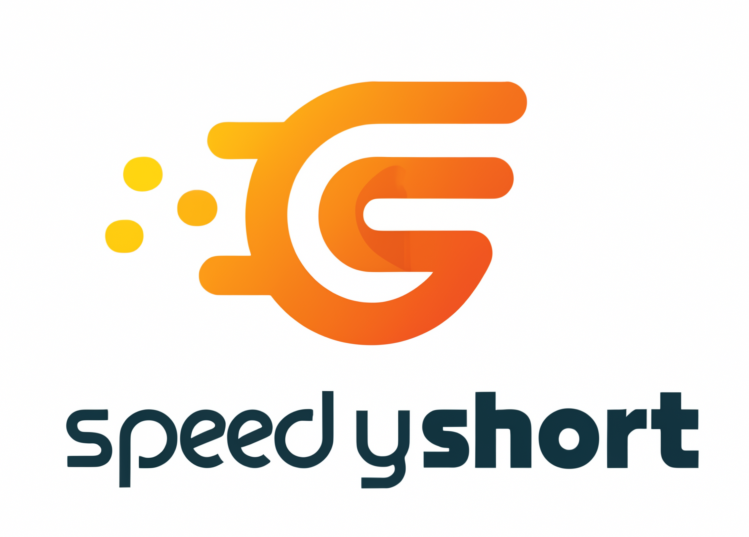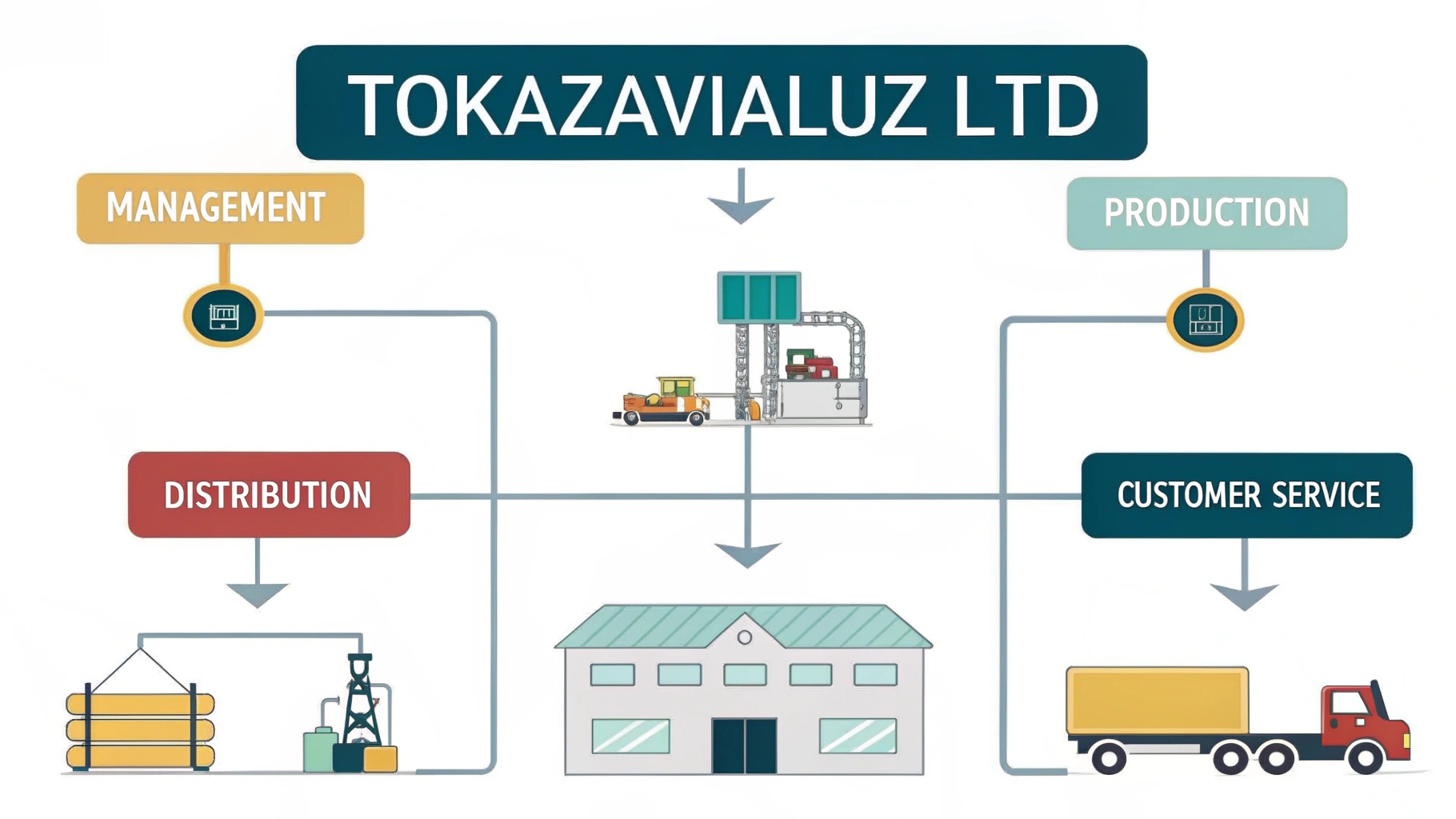What Is the PI Cognitive Assessment?
The PI Cognitive Assessment is an online test that evaluates your ability to process complex information quickly. It is not a test of intelligence or specific knowledge but rather a measure of how quickly and accurately you can solve problems and learn new information.
The PI Cognitive Assessment is a powerful tool used by employers to evaluate candidates’ cognitive abilities, learning agility, and potential for problem-solving. This assessment measures how quickly you can absorb and apply new information—skills that are critical in fast-paced professional environments. Though the test is brief, it can be challenging due to its complexity and time constraints.
It evaluates three core areas of reasoning:
- Numerical Reasoning: Involves basic math, number series, and word problems.
- Verbal Reasoning: Focuses on vocabulary, analogies, and sentence completion.
- Abstract Reasoning: Requires recognizing patterns and logical sequences using shapes and symbols.
The test is designed to gauge how quickly and accurately you can solve problems in unfamiliar situations. It’s not about prior knowledge or technical expertise but your cognitive agility, or the ability to adapt to new information and solve problems on the go.
Test Format and Timing
The PI Cognitive Assessment is heavily time-pressured. You will have 12 minutes to answer up to 50 questions. Most candidates are unable to complete all questions, so time management is crucial.
Key points:
- 12 minutes, 50 questions: On average, you’ll have around 14 seconds per question.
- No penalty for unanswered questions: It’s better to skip difficult questions and return to them if time allows.
- Question difficulty: The questions vary in difficulty and are not arranged in any specific order.
Breakdown of Cognitive Skills Tested
Understanding what the test assesses will help you target your preparation effectively:
- Numerical Reasoning:
This section measures your ability to work with numbers and solve quantitative problems. The questions may include:
- Basic arithmetic (addition, subtraction, multiplication, division).
- Word problems.
- Number patterns (finding the missing number in a sequence).
- Ratios, percentages, and basic algebra.
Tip: Practice quick calculations, and familiarize yourself with number series and pattern recognition.
- Verbal Reasoning:
Verbal reasoning questions test your understanding of language and ability to recognize relationships between words. You will encounter:
- Synonyms and antonyms.
- Sentence completion (filling in blanks to complete logical sentences).
- Analogies (identifying relationships between pairs of words).
Tip: Expand your vocabulary and practice identifying word associations.
- Abstract Reasoning:
Abstract reasoning questions involve shapes and patterns. You will need to:
- Identify the next shape in a sequence.
- Recognize the relationship between shapes in a matrix.
- Solve puzzles that rely on spatial awareness.
Tip: Work on pattern recognition exercises to sharpen your ability to spot relationships quickly.
Strategies to Excel in the PI Cognitive Assessment
To succeed in the PI Cognitive Assessment, you’ll need both speed and accuracy. Here are some strategies to maximize your performance:
1. Familiarize Yourself with the Test Format
Knowing what to expect will reduce anxiety and help you focus on answering questions efficiently. Take time to review sample questions from each section—numerical, verbal, and abstract reasoning.
2. Practice Under Timed Conditions
Time pressure is the biggest challenge of the PI Cognitive Assessment. You’ll have less than 15 seconds per question on average, so it’s important to practice solving questions quickly. Use online practice tests that simulate the real test environment to build your speed.
3. Focus on Your Strengths
While the test covers various types of reasoning, everyone has their strengths. If you’re naturally good at verbal reasoning but struggle with abstract reasoning, focus on maximizing your performance in the areas where you excel. This will boost your overall score.
4. Skip and Return to Difficult Questions
Don’t get bogged down on tough questions. If you spend too much time on a single question, you’ll lose precious seconds that could be spent answering easier ones. Skip challenging questions and come back to them later if time allows.
5. Practice Mental Math
Since calculators are not allowed during the test, brushing up on mental math skills is essential. Practice solving basic math problems quickly in your head to improve your speed and accuracy in the numerical section.
6. Develop a Time Management Strategy
Effective time management can make a big difference in your score. Plan to answer as many questions as possible in the first few minutes, and don’t let tricky questions slow you down. Keep an eye on the timer, and pace yourself accordingly.
Conclusion
The PI Cognitive Assessment is challenging due to its wide range of question types and strict time limit, but with the right preparation and strategies, you can improve your performance significantly. Focus on practicing under timed conditions, sharpen your cognitive skills using online tools, and develop a strategy to manage the test’s time pressure effectively.





